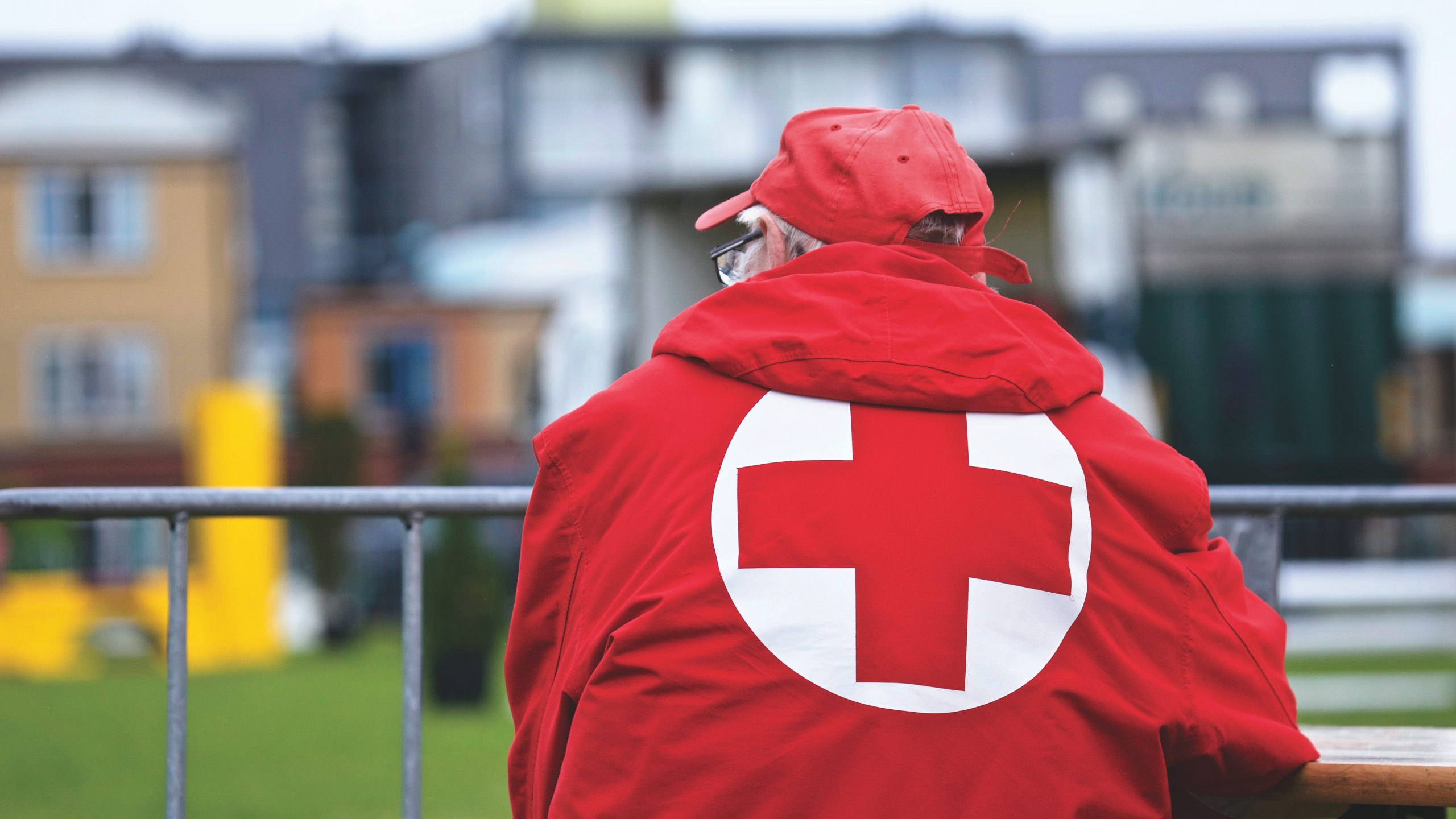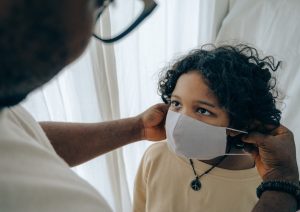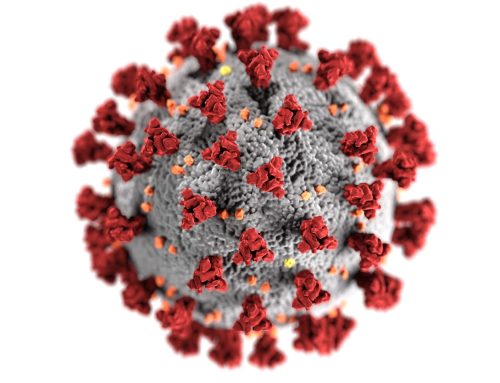Fear of needles is the No. 1 reason people don’t donate blood. But if you know someone with cancer, you have a great reason to donate.
September is Leukemia and Lymphoma Awareness Month. Every three minutes, a person in the U.S. is diagnosed with blood cancer. These cancers are so common that you probably know someone who has been affected. So, how can you do your part to help people receive the blood transfusions and treatments that they require? By donating blood!

Why Donate Blood?
We know that donating blood usually is not at the top of everyone’s to-do list. But, did you know that one donation can potentially save up to three lives? Your good deed has a much larger impact than you probably think, and an hour of your time could be the difference between life and death for a patient in need. We can’t make blood, so selfless donations are the only way to get life-saving transfusions to those who really need it?
When you decide to go to a donation center and donate blood, it is separated into red cells, platelets, and plasma, given to patients based on their needs. Because whole blood can only be stored for 24-48 hours, frequent blood drives are necessary, and you should give as often as you can.
Whom Does it Help?
Blood donations help many different kinds of people. Trauma patients who have lost a significant amount of blood in a short amount of time sometimes need dozens of blood transfusions and plasma treatments to heal. Sickle Cell patients require multiple blood transfusions, and it must closely match the donor’s blood type. Burn patients can require dozens of plasma and blood transfusions to begin healing. And, patients with specific chronic diseases frequently need blood transfusions. Lastly, patients with blood cancers like Leukemia and Lymphoma rely on donation too. So, how would your blood donation help a patient with Leukemia or Lymphoma?
What are Leukemia and Lymphoma Diseases?
First, let’s talk about what these forms of cancer are. Leukemia is a kind of cancer that affects the production and function of blood cells. Most people think that Leukemia mainly affects children, but over half of Leukemia patients are over 65. When you have Leukemia, your bone marrow produces more white blood cells than it needs, and these cells can’t fight infection like normal white blood cells. The overproduction can begin negatively affecting your organs, oxygen supply, and blood clotting ability.
Lymphoma is a kind of cancer that affects the lymphatic system and immune cells. The cells are called lymphocytes, and they reside in your lymph nodes, spleen, thymus, and bone marrow. The lymphocytes grow out of control, changing too quickly for your body to keep up. The two kinds of Lymphoma, Hodgkin and Non-Hodgkin, are very treatable.
How Can a My Blood Donation help a Leukemia or Lymphoma Patient?
As we mentioned earlier, your blood is separated into red cells, platelets, and plasma. Patients with Leukemia, Lymphoma, or other blood diseases need transfusions to keep their bodies as healthy as possible while undergoing treatment. These kinds of cancers affect patients’ blood, so they really need extra help in this area. According to the Leukemia and Lymphoma Society, almost all Leukemia patients require transfusions during their treatment. One of the most common cancer treatment forms, Chemotherapy, causes low red blood cell production and a lowered immune system. That’s why it is essential to those with Leukemia and Lymphoma who are also going through Chemo to receive frequent blood transfusions.
Why is it more important now than ever?
With the spread of COVID-19 still prevalent in the United States, donating blood is more important now than ever. Patients with Leukemia or Lymphoma going through Chemotherapy have low immune system functions and need all of the extra help they can get in case they get sick. As you know, COVID-

Photo by Ketut Subiyanto from Pexels
19 is still spreading, and in the unfortunate circumstance that a Leukemia or Lymphoma patient contracts it, a previous blood transfusion boosts their immune system to help fight it off.
What are the Benefits?
Nobody likes needles, and that is understandable. But, a short period of being a little bit uncomfortable could give the gift of life to another. Plus – it’s not all bad! You get to lie down and relax for a bit and eat cookies and juice afterward. Another fantastic benefit that most people don’t realize is that blood donors are 88% less likely to suffer a heart attack than non-blood donors.
Still not sure? Here are answers to the most frequently asked questions about blood donation.
Who Can Donate? You can donate if you are over 17, are in good health, and are not pregnant. Contact your doctor and donation center if you are unsure about your eligibility for donation.
What is the Universal Blood Type? The universal blood type is O Negative. It can be given to any patient of any other blood type. If you are O Negative, please consider donating; only 8% of the population has this blood type. A.B. Positive is the universal recipient, so a patient with that blood type can receive any other blood type.
How Often Can I Donate? You may donate blood as often as every eight weeks, or once every two months.
How Long Before my Blood is Used? Your blood must be used within 24-48 hours after it is collected.
Can I Donate While Taking Medication? Birth control, high blood pressure medication, vitamins, and diet pills are fine to take before donating blood. Medications such as Antiplatelet agents, Anticoagulants, specific acne, balding, enlarged prostate, and psoriasis medications should not be taken before donating blood. Contact your doctor and donation center if you are uncertain about your eligibility.
How Much Blood is in My Body? Women carry around 10 pints while men carry around 12 pints.
How long does donation take? About 45 minutes to an hour.
Thank you to all who donate, and if you have never donated, now is the perfect time to start! Contact The American Red Cross or The Blood Connection to find your donation center. If you have any questions about donation or blood cancers, visit our website for contact information.






